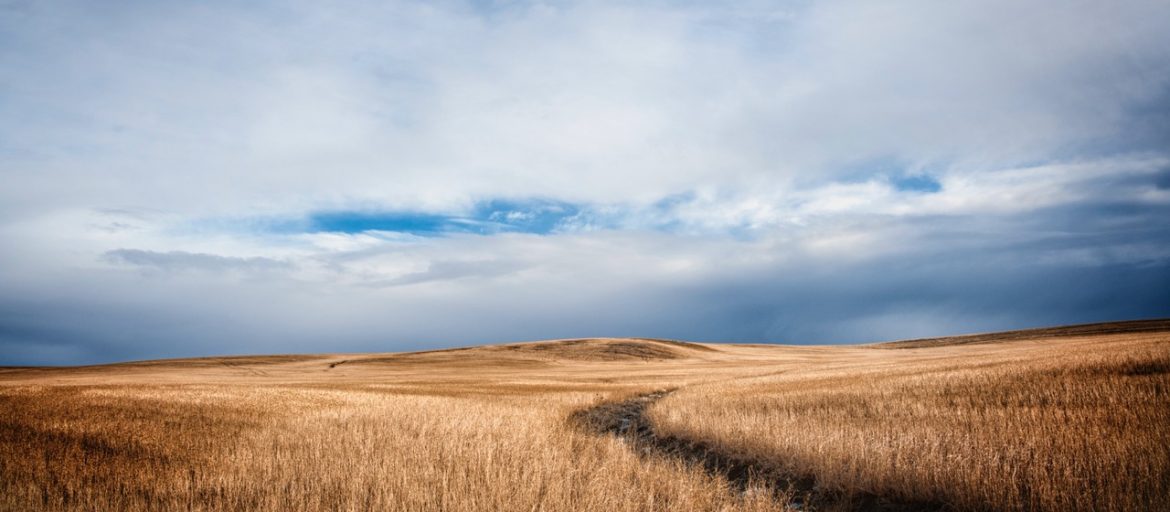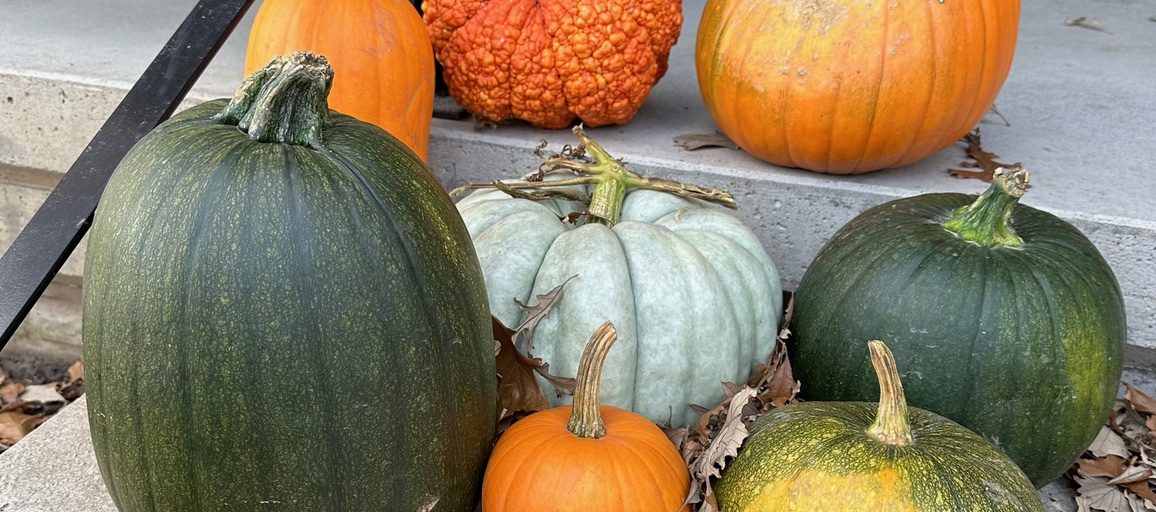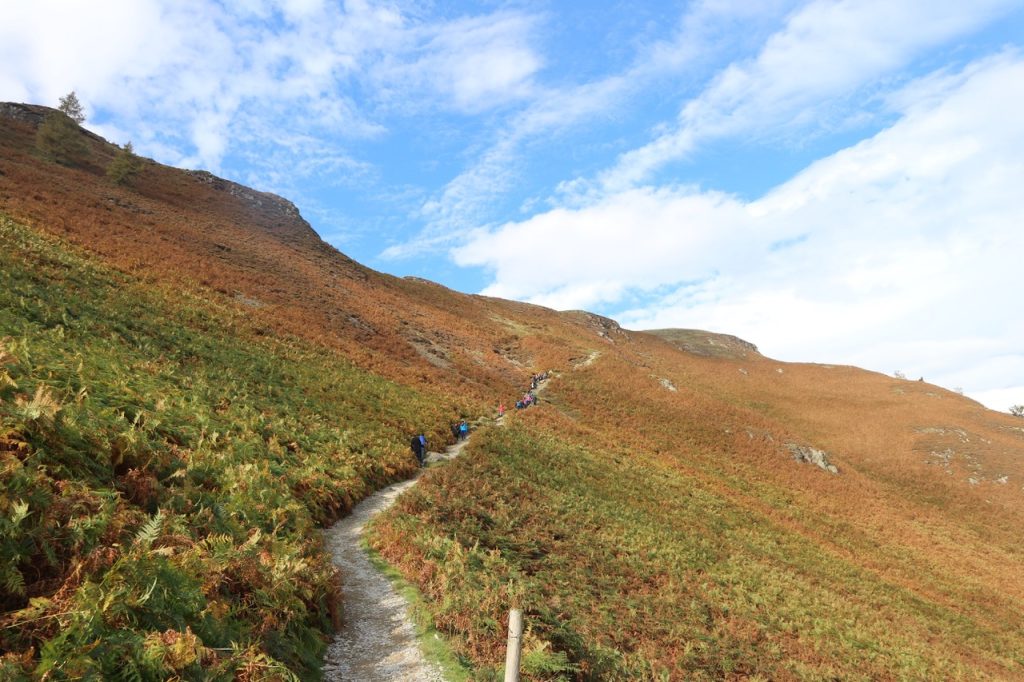One of the highlights of my fall so far has been leading an adult Sunday School class on Jeff Manion’s book The Land Between: Finding God in Difficult Transitions (Zondervan, 2010). The book is about those hard seasons of disorientation in our lives, those times that have a before-and-after character. Like, before mom had cancer, after mom had cancer; before I lost my job, after I lost my job; before we lost the house, after we lost the house; before the accident, after the accident. These moments are life altering and their effects often last for decades.
By walking with the Israelites and Moses through their wilderness wanderings, Jeff Manion invites us into an exploration of the soul shaping potential of these painful and confusing transitions in our lives. A lot of things can grow in the wilderness despite its bleak and barren appearances. We learn to turn toward God and speak honestly in our pain and confusion. We learn to trust God in the dark, when we can’t even see the road in front of us. The wilderness can provide fertile soil for encountering God’s provision and gracious discipline in our lives. However, growth is not inevitable in the wilderness. Like the Israelites in their land between Egypt and the promised land, we can turn away from God by trying to survive on our own instead of turning toward God in trust.
Manion points out over and again that our time in the land between can result in a deeper richer faith, but it can also lead to bitterness and resentment and spiritual stagnation. How we respond to these difficult times matters immensely. Are we turning toward God or away from God as we face these difficult circumstances? Will we learn to trust God even in the dark?
All said, I highly recommend this book for its capacity to invite a deeper exploration and honesty and prayerfulness about the things that matter most in our lives. For a number of us at Trinity Baptist Church in particular, reading and discussing this book together has cultivated a rich conversation with the Lord and with one another.
A lot of things have been stirring in me as the class has unfolded. Chief among these stirrings is an awareness of the high level of intensity of most people’s lives. For some folks this class has pulled them back into a difficult period of their story with the Lord that they are still processing. For others, the class has named what they are currently experiencing and hopefully given them some permission to struggle honestly with the Lord in a way that hadn’t felt before. For still others, it has provided an opportunity to celebrate God’s gracious presence and provision in a dark part of their journey. For all of them I can’t help but recognize that they know first-hand something of the confusion and pain and disorientation of the land between in their journey. And this recognition causes me to pause and admit that in so many of my everyday social interactions of “How’s your morning?” and “What’s going on?” and “Fine” and “Have a good week!” and “I’ll pray for you”, I think I (and maybe we) greatly overlook the struggle and intensity of peoples’ lives in our midst.
As I have looked out at the many faces in the class I have repeatedly been reminded of a chapter entitled “A Story to Tell” in Michael Casey’s book on prayer Toward God: The Ancient Wisdom of Western Prayer (Liguori/Triumph, 1996). We all have a need to tell our story and have another person hear it. I end this blog entry with Casey’s profound words from that chapter.
It is my belief that in Western society we tend to underestimate the depth of human experience. We are more at ease dealing with objective facts and overt happenings than in opening toward what is beneath the surface. Undoubtedly this complicates life. One finds beneath a cheery, well-adjusted facade a vulnerability and a history of hurt. In the short term it is easier to interact by assuming a surface calm. Mostly we do not want to listen to pressures building up inside others; we prefer to hope they will muddle through, and (anyhow) we have enough worries on our own account. Perhaps the most necessary of all skills today is the timeless knack of being able to listen to others, allowing them to tell their story, knowing that telling it will ease their burden and help them become stronger. Personally, we should recognize how much it helps to speak to a few who are close to us about things that matter and about how we feel. Generally we are not looking to them for answers or solutions, simply for acceptance. (page 136)
May we become men and women who have “the timeless knack of being able to listen to others, allowing them to tell their story, knowing that telling it will ease their burden and help them become stronger.”
Grace & Peace to you today…




